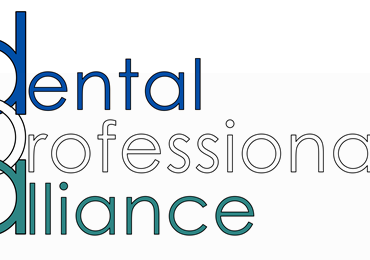A view from the Chair: understanding more about the impact of fitness to practise on health and wellbeing, and learning about professionals’ working patterns
Health and wellbeing of dental professionals
Earlier this week, the GDC reported on the death of dental professionals who died while fitness to practise (FtP) concerns were investigated or remediated. Between 2019 and 2022, very sadly, 20 dental professionals died while their FtP cases were active. Some deaths were confirmed as suicide.
Any death by suicide is a tragedy. The impact on the health and wellbeing of dental professionals during what we know can be a difficult and stressful process is of deep concern to us. When a concern is raised and investigated, we understand that there is also a considerable impact on their family, friends and colleagues.
As I said in the foreword to the report, I am committed to learning and doing whatever we, and others in the system, can do to support people. We will have the dental professionals, their families, friends and colleagues at the forefront of our minds while we continue to work with stakeholders to improve our understanding of the situation and the data and reduce the negative impact of FtP on everyone involved.
The working patterns of dental care professionals
Thank you to the 44,000 dental care professionals who provided voluntary data about their working patterns, and the organisations who encouraged you to do so. The data was published at the end of October. Not surprisingly, working pattern insights vary significantly by profession title. You can search the data by individual professional title and at individual country level, which we believe will support workforce planning across the four nations.
I committed some time ago that we wanted to play our part in supporting the sector to better understand the workforce challenges and illuminate the public debate on the dental workforce. Following on from the data about dentists’ working patterns which we released in March, we now know more about the working patterns of dental professionals than ever before.
While we have provided a summary of the highlights, the picture across seven professions and four nations is complex and we would encourage stakeholder and professional bodies to review the data as there may be highlights or information that would support workforce discussions.
Maintaining the Annual Retention Fee (ARF) at the same level in 2025
Dental professionals have direct relationships with patients and the public in a way that we do not, and we recognise the essential role they have in delivering oral healthcare to millions of patients across the UK.
While the GDC’s priority is public protection, improving registrants’ experience of regulation is one way to ensure this.
I am therefore pleased that Council decided not only to maintain the ARF at the same level in 2025, but also to invest in activities that will further improve core processes and online services. Over time, we want to improve the experience for dental professionals accessing online services, such as registration and renewal, and also make better use of recorded data which will help to increase transparency and build trust.
We have firm plans in place for some activities to be delivered and started in 2025, and we have started to develop our corporate strategy for 2026 to 2028 to set out our ambitions for dental regulation for the years ahead.
This is important. The considerations that Council will have about the next corporate strategy will be informed by insight, evidence and you. A public consultation will begin next year, which will not only set the basis for the ARF for future years, but also the direction of dental regulation that affects more than 120,000 dental professionals, stakeholder organisations and, ultimately, patients and the public.
In the meantime, we will continue to invite responses to the GDC’s proposals on important work that is already in progress. You have until 26 November to respond to our proposals to update the decision-making guidance for Practice Committees. The proposed changes will affect those who participate in practice committee proceedings in future, their representatives, those who raise public protection issues or concerns and independent panellists who hear cases put to practice committees.
 eGDC
eGDC













